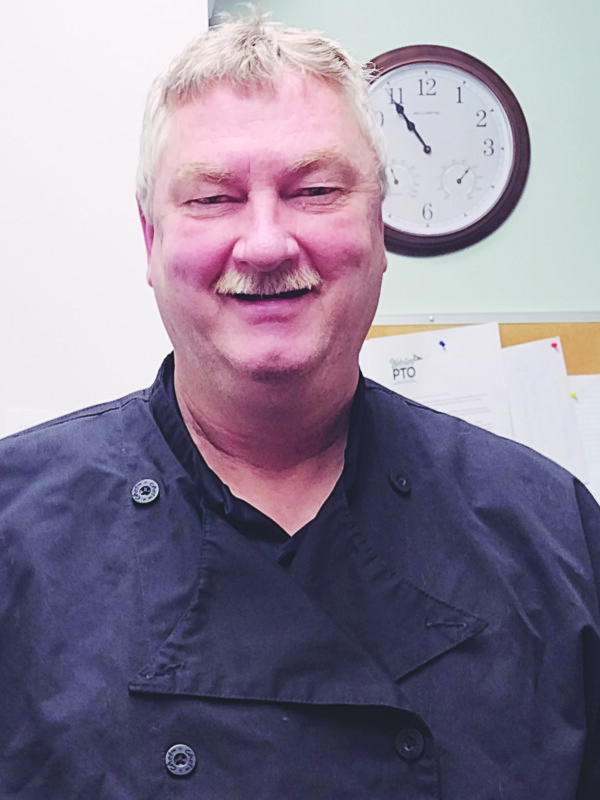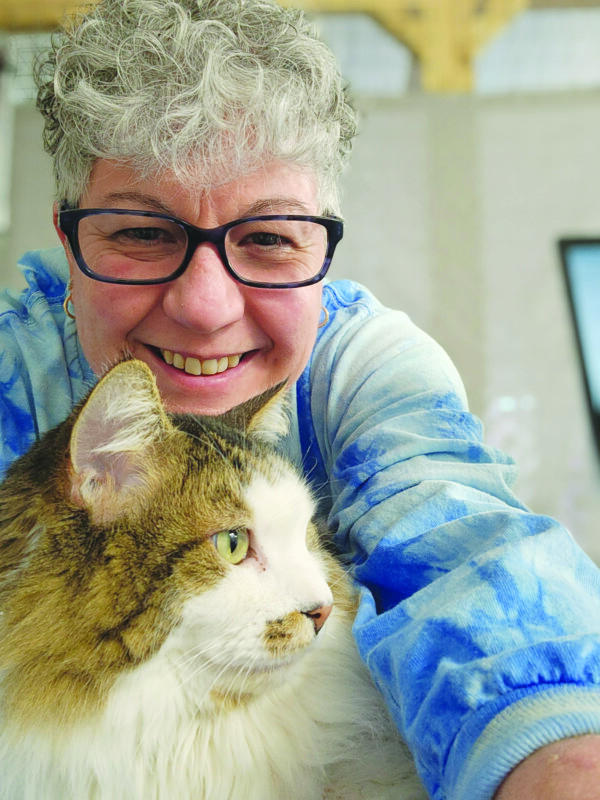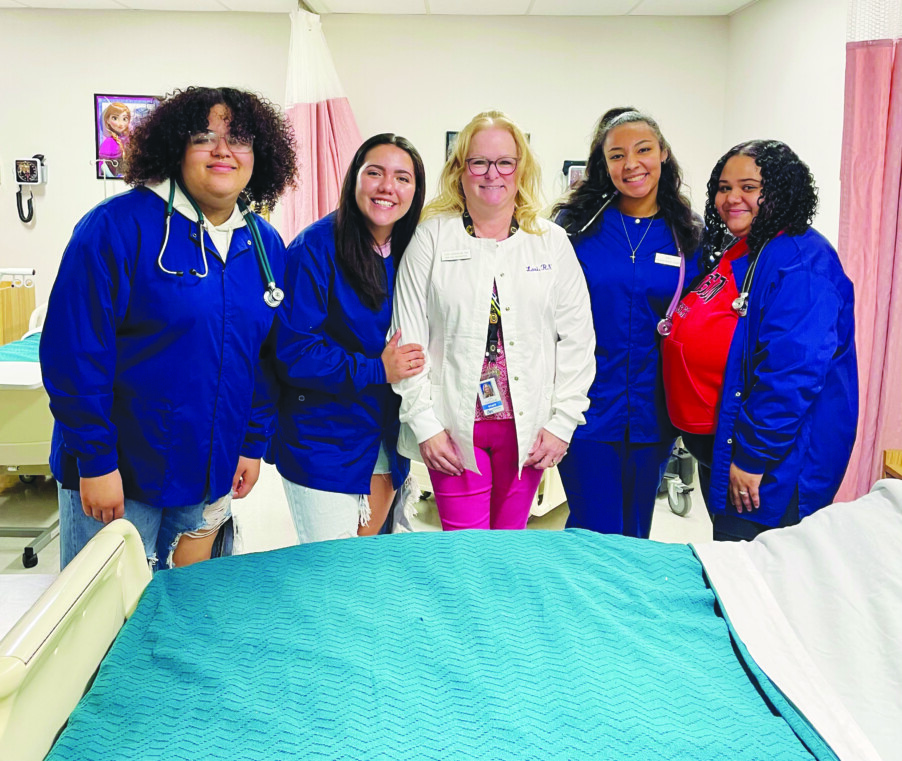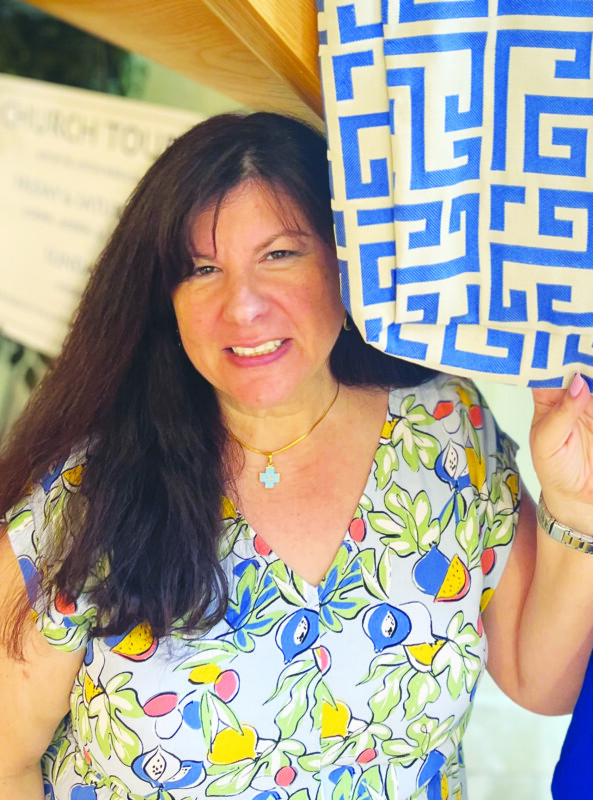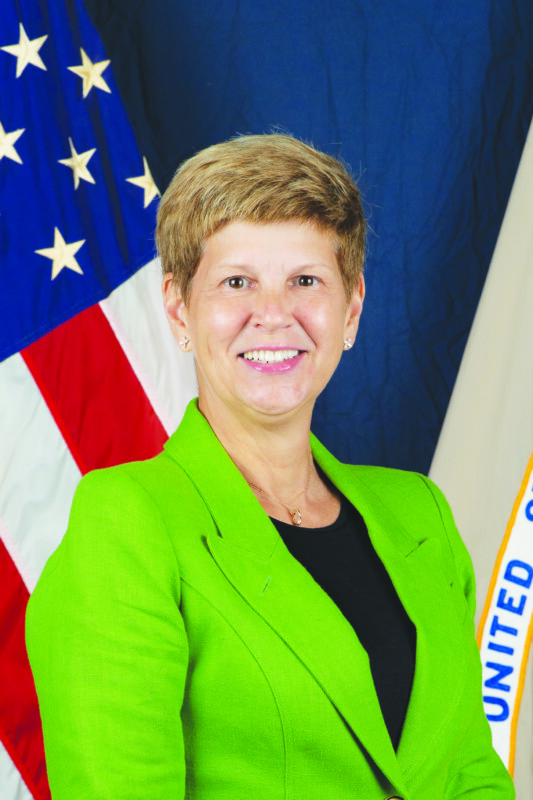New attorney will focus on civil rights cases
Jane Young, U.S. Attorney for the District of New Hampshire, recently announced the appointment of Matthew Vicinanzo as Assistant U.S. Attorney. Vicinanzo will specifically handle civil and criminal civil rights cases, according to a press release.
What led you into the legal profession and what does the U.S. Attorney’s office do?
U.S. Attorney Young: The U.S. Attorney’s Office is the highest federal law enforcement officer in the district. So New Hampshire only has one district. There are 94 U.S Attorneys across the country. In this office we enforce criminal laws. We represent the state in civil matters, and we do civil enforcement as well.
AUSA Vicinanzo: For me, I have family members who are lawyers. So I learned from them, saw them as examples, role models. Based on observing and learning from my family members who are attorneys, there are two main reasons why I chose to be a lawyer. One was it was a challenging career. One where you are always taking new cases and the law is always changing so you always have to keep learning and have to keep thinking creatively. And then the second reason was it presented an opportunity to help others. I figured when I was going to law school no matter what happened in my career I would be able to use my skills and training to try to obtain something meaningful for somebody. Particularly somebody who was vulnerable.
Young: So, it is a noble profession. When I was done with college. I knew I wanted to advance my career, and law school seemed like the logical choice. I like to read, I like to write. I will tell you that I didn’t know what kind of lawyer I wanted to be. After my first year of law school, I was lucky enough to be hired as an intern at a county attorney’s office. It was something that I really enjoyed, where you can make a difference. It’s problem-solving; so to see investigations, to ask questions, to be able to put the facts together to determine if you had a case and then to be able to get up in a courtroom and present the facts and really make a difference for the community.
Can you expand on how this newly created position will further support the civil and constitutional rights of Granite Staters?
Young: So when I first assumed this role in May of ’22 it became clear to me that we were in need of somebody who could address civil rights issues. In this office there were people who did civil rights matters but they did them in addition to other jobs that they had, and when an opportunity came to make a presentation for the job I thought, we have nothing to lose. We are a small state. We don’t, on the federal level, have a dedicated civil rights unit. I had come from the Attorney General’s office where there was a creation of a civil rights unit and I saw the difference that it made. First, just in outreach to be able to go into communities to talk about the issues in communities to listen to individuals and to tell them there are avenues that they could pursue. That they had rights and that they should stand up for those rights. We applied for the position. … Within a year of requesting the position we were allotted the position, we advertised for the position and now we have an attorney, although he’s new in the door I will say he is up to his eyeballs somewhat in alligators because there are a number of issues and when there is somebody who can address those issues, people come.
Vicinanzo: Just to add to what the role brings, in addition to enforcement and outreach from our office my position can be a vehicle for collaboration with other state and local entities. With the state civil rights unit with local governments and with non-government organizations that represent individuals who can bring their needs to us.
What is an example of a type of civil or criminal matter that would be handled by the civil rights Assistant U.S. Attorney?
Young: I am going to answer that somewhat broadly. Again, new in this position, we would go out and meet with individuals, religious groups, and we would ask them what are their concerns, and they would tell us, so we would come back and do some trainings or some outreach. Then we would hear about things that are going on, right, the war in Israel, and we would reach out to out community members and they would say ‘No, we think we’re OK, but thank you for reaching out,’ and within a couple of weeks they would call and they would say, ‘We really need you to come and talk to us. What are ways that we can address the issues, deal with our safety concerns?’ I will tell you that when we sit in rooms with individuals across religious communities, the fear and concern is palpable. So we met with the Chief of Manchester who is currently the head of the chiefs association and we said law enforcement needs to know the houses of worship in their communities. They need to know their concerns so, God forbid the day that something really bad happens you’re not in their trying to introduce yourselves. We sent a letter out to the law enforcement community with the state police, the FBI, the Attorney General’s office standing together saying that we will have zero tolerance for civil and criminal violations of the Civil Rights Act. I also, then, was asked to go to a police department, maybe two weeks ago. I went on a Monday morning and in that police department were the local leaders of houses of worship. Whether they be a priest, a rabbi, or security officer, just to have them come together and know that they all have the same safety concerns and that there are avenues for them to pursue as far as training, what they can do, having a police officer drive by. That’s remarkable that could happen and the only reason that that happens is because people have dialogue, people have relationships, and people have trust.
Vicinanzo: That’s a great example of something that is going on now that we feel in our community. In general, from this position we will enforce the federal civil rights statutes as they apply to the citizens of New Hampshire. It could be enforcement of the ADA, Americans with Disabilities Act, protecting their rights and accommodation. It could be protecting service members and veterans to make sure their housing and employment rights aren’t violated. Ensuring that students have equal access to education. That all of our citizens have equal protection under the law. On the criminal side, as Jane mentioned, we look at crimes that target individuals on the basis of protected status like religion, race or gender or disability or perhaps their political beliefs. We look into that from this office as well.
Young: I think people should see us as a resource. Whether it’s community members, whether it is law enforcement. We are here. We are a 24-hour-a-day operation. We answer our phones, we look at cases to determine if there is a federal violation. If not, perhaps a state partner can help. We did a public service announcement last month highlighting human trafficking. Now that we have an attorney dedicated to this we are going to start to look at human trafficking that is occurring in this state as well as other forms of violations to people’s fundamental rights.
Attorney Young, what qualities led to Vicinanzo’s being chosen for this position?
Young: His intellect, his demeanor, his commitment to New Hampshire, and his willingness to do this job to make this a better state. To protect people’s rights. To protect the downtrodden, people who have not had a voice before. They certainly will have a champion. That shone through as we met Matt through the different layers of this hiring process. He was the ideal candidate. To have somebody like Matt, who was in private practice, to be able to make the sacrifice to come here I just think speaks volumes of his character and his ability to do this job skillfully.
—Zachary Lewis
Featured image: U.S. Attorney Jane Young. Courtesy photo.


